Meeting basic needs of modern societies
A functioning infrastructure forms the backbone of modern economies, whether it be for the transport of goods and people, the supply of power and water, or the digital exchange of data. The financing of infrastructure projects forms part of the DNA of KfW IPEX-Bank, on account of its importance in ensuring the functionality of our economic system.
Digital infrastructure – equipped for the future
At the start of 2018, ten banks formed a consortium to support the expansion of Germany’s fibre-optic network. The total financing of EUR 650 million, including KfW IPEX-Bank’s share of EUR 50 million, will serve in particular to expand direct fibre-optic connections (Fibre to the Home - FTTH). Unlike conventional copper cables, FTTH fibre-optic connections run all the way up to users’ homes and premises, and data can be transferred at the speed of light – a major location factor in the digital age.
KfW IPEX-Bank finances projects of the future in order to secure the economic strength of Germany and Europe in the long term and to promote environmental and climate protection. In line with its expertise in the aviation sector, projects financed by KfW IPEX-Bank include exports by the European aircraft manufacturer Airbus. The bank also helps to advance projects on the railways, providing finance for freight services to support the transport of goods in Europe and throughout the world. Across all sectors, the bank focuses on financing and expanding activities in the areas of sustainability and energy efficiency.
As one of the largest specialist banks for projects in the shipping industry, KfW IPEX-Bank also supports the expansion of maritime infrastructure, which is an essential requirement for world trade. Like in Greenland, for example: The island’s location, its low population density and the size of the land surface area make the supply of everyday necessities extremely challenging. In 2018, KfW IPEX-Bank provided around EUR 30 million to finance two new transport vessels for Greenland’s Royal Arctic Line. These ships will help to secure the supply of goods to the population in the far north virtually all year round. The ships are being built at Zamakona Shipyard in Spain, and a large share of the maritime technology installed in the vessels comes from Germany.
KfW IPEX-Bank finances well-functioning infrastructure - this includes road, rail and energy projects but also digital infrastructure projects.
Electricity grids – let there be light
As with road and data networks, high technical standards also apply to electricity grids, especially as regards their security of supply in view of the expansion of renewable energies. In 2018, for example, KfW IPEX-Bank participated in the financing of four substations plus transmission lines in Chile for Transelec Concesiones S.A., Chile’s largest electricity grid operator, providing USD 120 million for the project. Germany’s Siemens AG will produce and supply the main components for the project, while the Spanish company Abengoa and the French engineering company Engie are each involved in one project.
KfW IPEX-Bank is thus supporting modern technologies to bring a sustainable world within our reach.
Collaboration between public and private project sponsors
Large infrastructure projects require a long-term mindset and specialist expertise in a range of areas. This applies, for example, when the public sector joins forces with private-sector companies – commercial developers, concession operators and banks – to carry out PPP projects (public-private partnerships). This is the case with the Blankenburg Tunnel project in the Netherlands, for which KfW IPEX-Bank is providing debt capital of EUR 75 million. The total investment volume for the project adds up to EUR 900 million. The funds are being invested to better connect Rotterdam and the surrounding region with the port, which is Europe’s largest, and to secure the flow of goods through the port in the long term. In addition to constructing and financing the tunnel, the PPP project concluded between the Directorate-General for Public Works and Water Management of the Netherlands (Rijkswaterstaat) and the project sponsors will also provide for its maintenance over 20 years.
Legal notice:
The information contained in this online Annual Report 2018 is based on KfW IPEX-Bank’s Management Report 2018, which you can download here. Should this online Annual Report 2018, despite the great care taken in preparation of its content, contain any contradictions or errors compared to the Management Report, KfW IPEX-Bank’s Management Report 2018 takes priority.
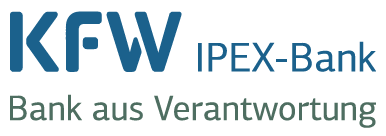
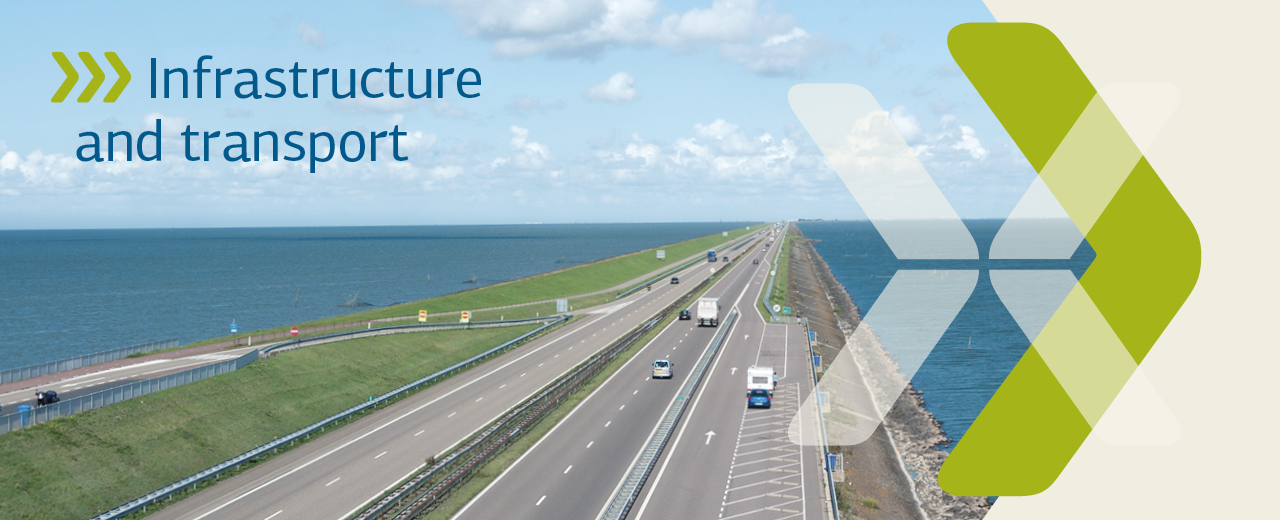
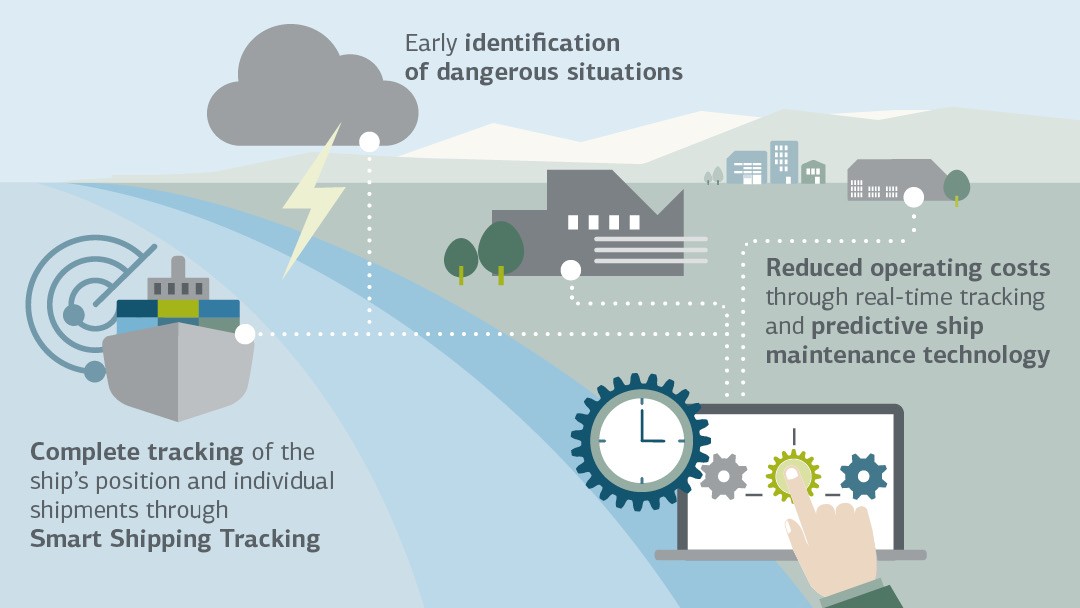
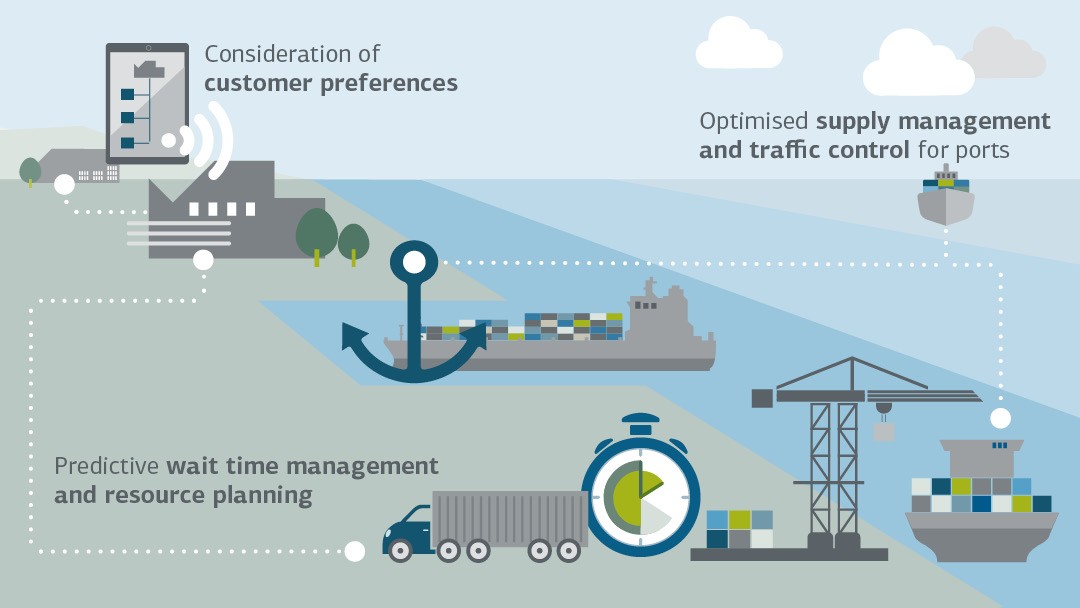
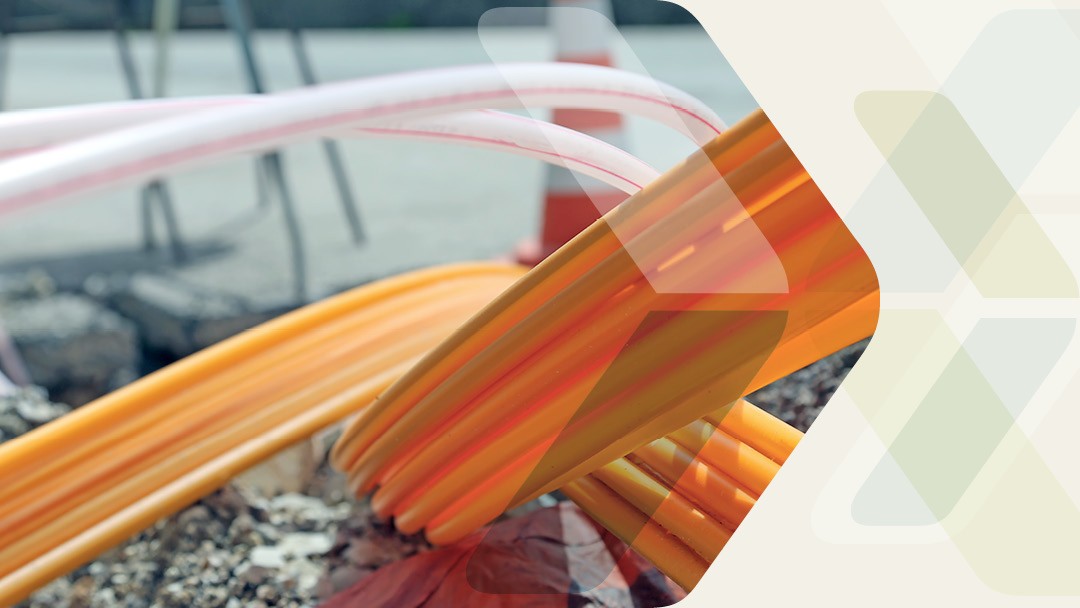
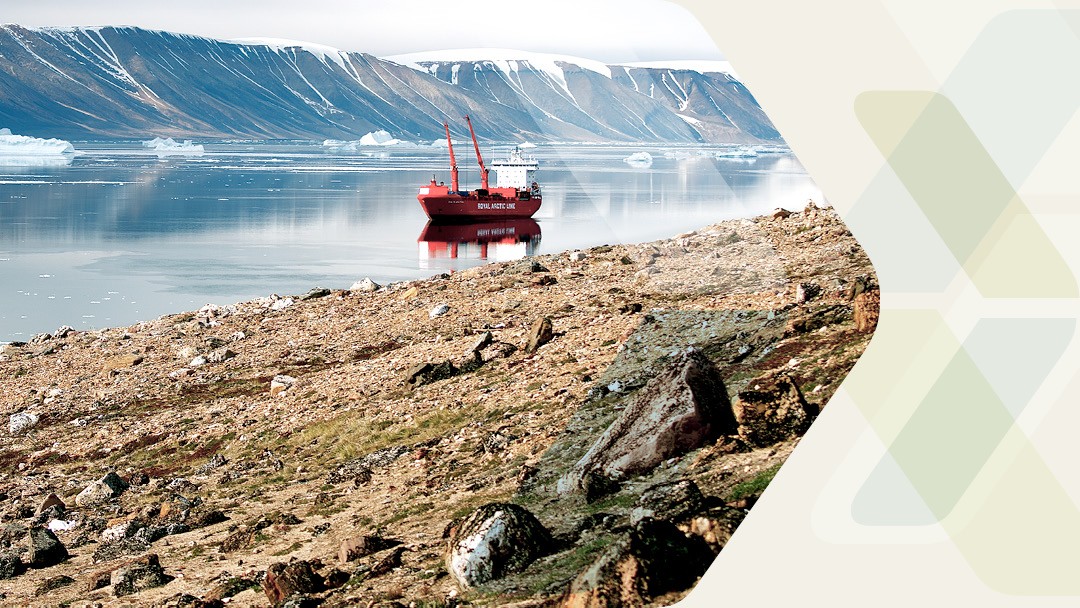
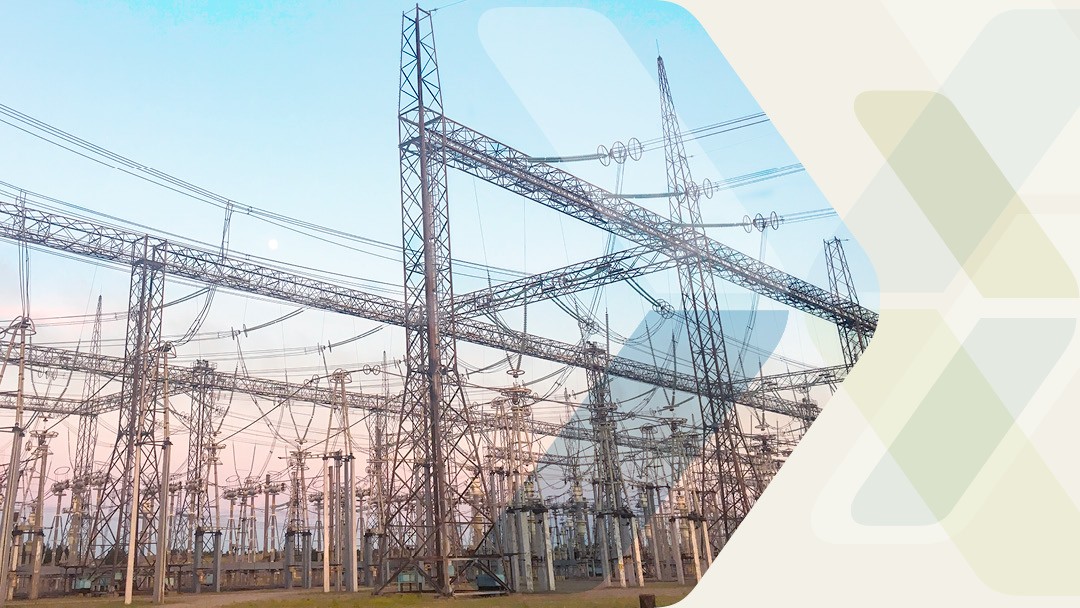
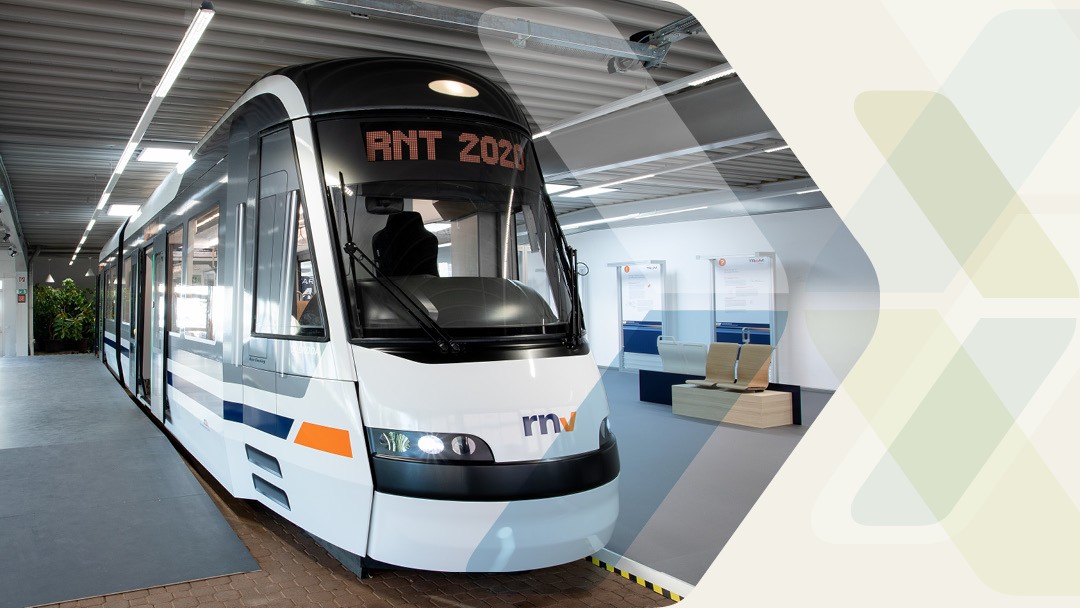
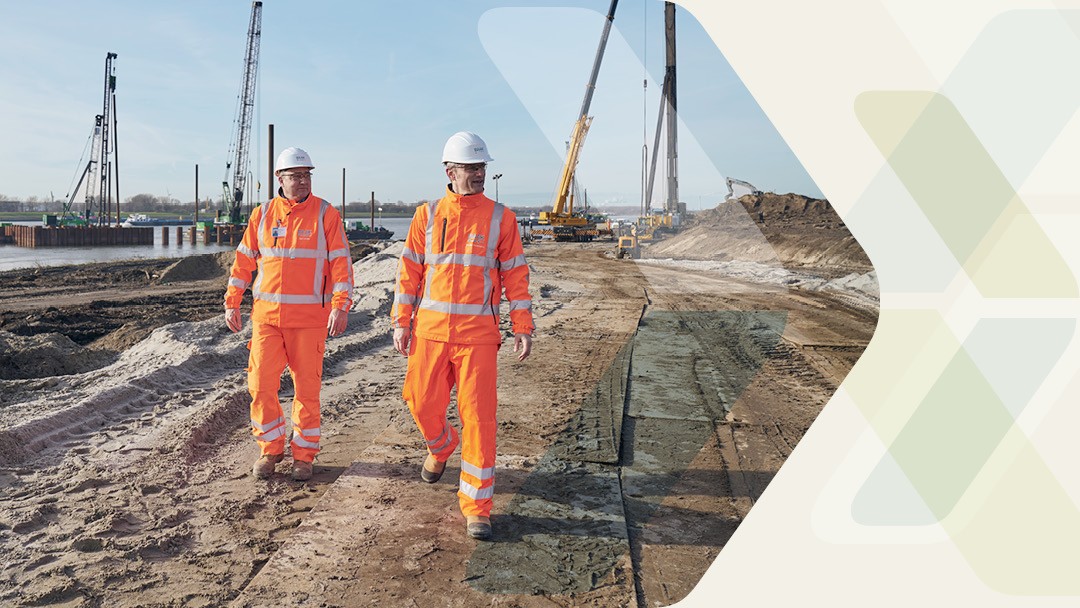
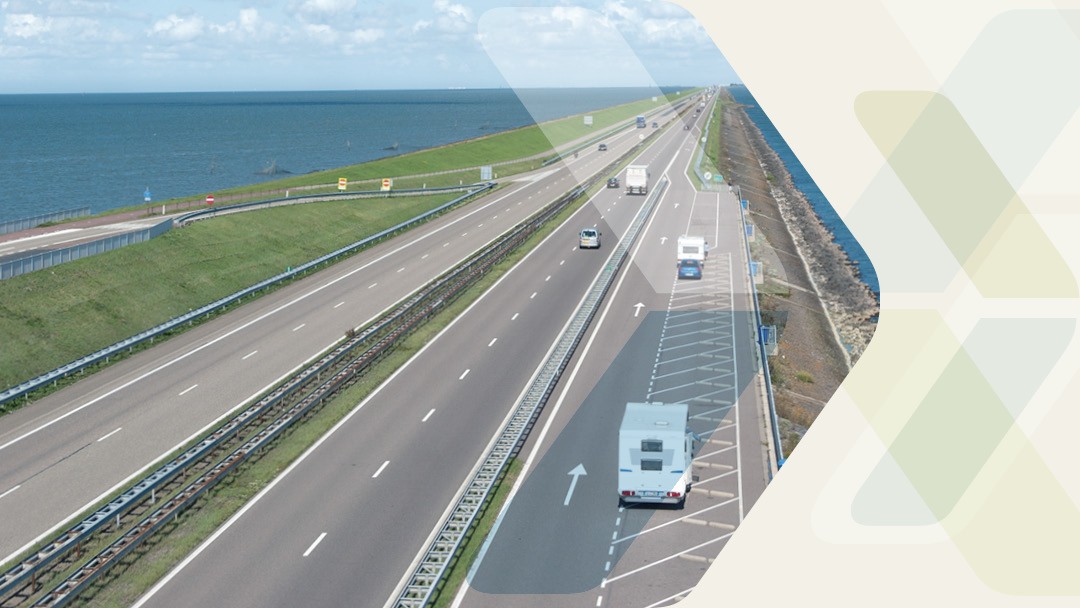
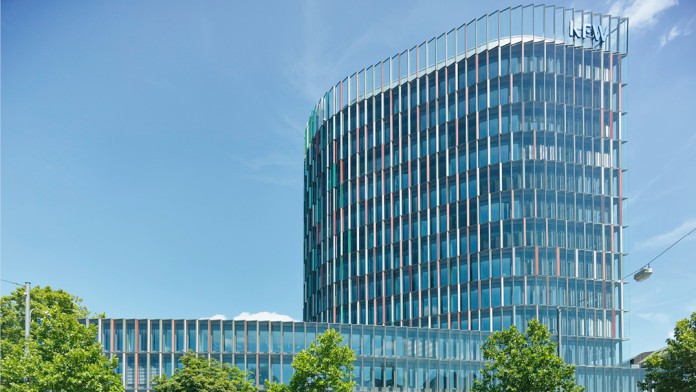
Share page
To share the content of this page with your network, click on one of the icons below.
Note on data protection: When you share content, your personal data is transferred to the selected network.
Data protection
Alternatively, you can also copy the short link: kfw-ipex-bank.de/s/enxBjWwu
Copy link Link copied